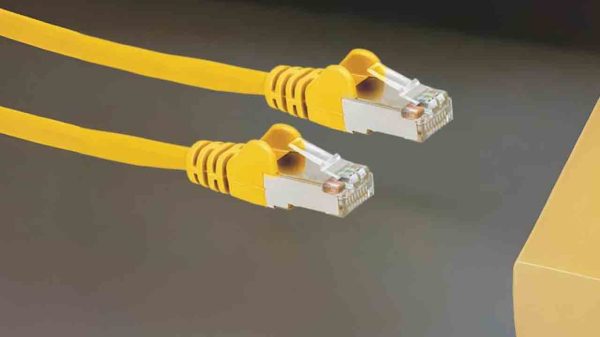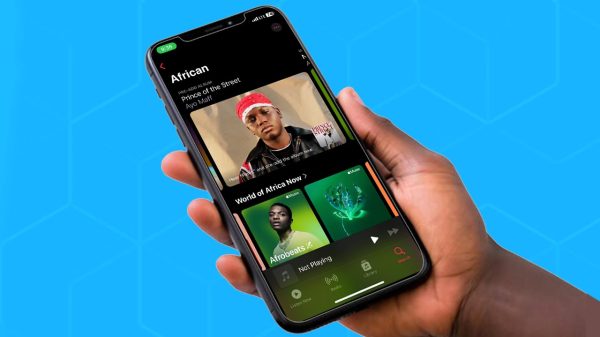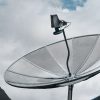In Nigeria, the common refrain “NEPA has taken light” has echoed through homes and businesses for decades, signifying a power outage. This phrase, deeply ingrained in Nigerian parlance, stems from the era of the National Electric Power Authority (NEPA), the body once responsible for power supply across the nation. Despite its name change to the Power Holding Company of Nigeria (PHCN) and later restructuring, the legacy and colloquialism persist.
Historical Context and Structural Changes
Originally known as NEPA, the organization was notorious for frequent and unpredictable power outages. In a move to improve efficiency and service delivery, NEPA was rebranded to PHCN. This was part of broader reforms aimed at overhauling the Nigerian electricity supply industry. In 2013, following the federal government’s divestiture from PHCN, the company was further unbundled into several independent entities that handle various aspects of power generation, transmission, and distribution.
Today, the structure of Nigeria’s electricity industry comprises:
- Generation Companies (Gen-Cos): Six companies such as Afam Power plc and Egbin Power plc, responsible for generating electricity from various sources.
- Transmission Company of Nigeria (TCN): The sole entity handling the nationwide transmission of electricity.
- Distribution Companies (DisCos): Eleven companies, including Abuja and Benin Electricity Distribution Companies, responsible for delivering power to consumers.
This unbundling was intended to foster competition, improve management, and attract private investments, thereby enhancing overall service delivery.
Why Power Outages Still Persist In Nigeria
Despite these reforms, power outages remain a significant challenge in Nigeria. Several factors contribute to this persistent issue:
- Inadequate Generation Capacity: Despite having a theoretical installed capacity much higher than the actual demand, operational inefficiencies, outdated infrastructure, and lack of maintenance mean that actual output often falls short.
- Transmission Challenges: The TCN, though having a monopoly on transmission, struggles with aged infrastructure and insufficient grid capacity, leading to frequent grid failures.
- Distribution Issues: The DisCos face their own set of challenges, including energy theft, metering issues, and financial constraints that hinder their ability to invest in better infrastructure.
- Financial Viability: The entire power sector is beleaguered by financial instability. Tariff structures that do not reflect the cost of production and distribution contribute to the chronic underfunding of the sector.
- Fuel Supply Problems: For thermal power stations, irregularities in the supply of gas—owing to pipeline vandalism or contractual issues—frequently diminish generation capacity.
Impact on Consumers and the Economy
The frequent power outages have far-reaching implications. For households, it disrupts daily life and increases reliance on expensive diesel generators. For businesses, the lack of reliable power is a significant barrier to productivity and competitiveness, increasing the cost of doing business in Nigeria.
Moving Forward
Addressing Nigeria’s power woes requires a multifaceted approach. Continued investment in infrastructure, better management of resources, policy reforms that ensure cost-reflective tariffs, and efforts to curb energy theft are all crucial. Moreover, embracing renewable energy sources could alleviate some of the pressures on the traditional power infrastructure.
Frequently Asked Questions (FAQs)
Q1: What is the full meaning of NEPA light?
NEPA stands for National Electric Power Authority, and “NEPA light” is a local term used to refer to electricity supplied by the grid in Nigeria.
Q2: What is NEPA called now in Nigeria?’
NEPA was rebranded to the Power Holding Company of Nigeria (PHCN), and following the unbundling, it ceased to exist as a single entity.
Q3: What is the work of NEPA?
Historically, NEPA was responsible for the generation, transmission, and distribution of electricity across Nigeria.
Q4: Who is the head of the NEPA?
NEPA, as an entity, no longer exists. Its functions have been divided among various Gen-Cos, DisCos, and the TCN.
Q5: Who invented electricity?
Electricity is a natural phenomenon that exists independently of human invention, but scientists like Benjamin Franklin and Michael Faraday made significant contributions to understanding and harnessing it.
Q6: Is NEPA still operational in Nigeria?
No, NEPA was succeeded by PHCN, which was later unbundled into separate companies responsible for different aspects of electricity supply in Nigeria.
Q7: Why does NEPA take the light when it wants to rain?
NEPA (now PHCN) often cuts off electricity when it’s about to rain to prevent accidents. Storms can damage power lines, and turning off the power reduces the risk of fires and electrical outages, keeping everyone safer.
Through understanding the complexities of the situation, stakeholders and the public can better navigate the challenges and contribute to solutions that might finally keep the lights on more consistently in Nigeria.
Subscribe to our Newsletter
Stay updated with the latest trends in African technology!






































